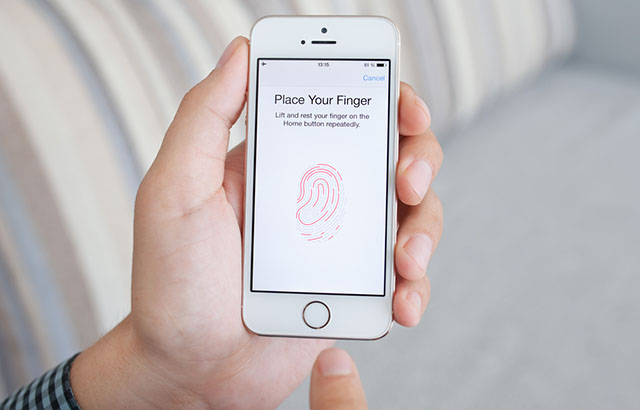A judge in Virginia has ruled that the police can require you to unlock your smartphone with a fingerprint, but not with a passcode, Mashable reports.
A judge in Virginia has ruled that the police can require you to unlock your smartphone with a fingerprint, but not with a passcode, Mashable reports.
The seeming inconsistency here comes from the different ways passwords and physical authentication are treated. While a fingerprint is “like handing in a DNA sample or a physical key, which citizens can already be legally compelled to give to police”, a passcode is considered ‘knowledge,’ which is protected by the Fifth Amendment.
However, Judge Steven C. Frucci’s view doesn’t appear to command total agreement, as Wired notes there are cases where defendants have been required to reveal their computer passwords for decryption.
The ruling was made in a case involving Emergency Medical Services captain David Baust, who was charged with the attempted murder of his girlfriend in February. Prosecutors argued that the defendant’s handset may contain video evidence of the alleged attack, collected from video equipment in Baust’s bedroom, but his lawyer argued that forcing Baust to unlock his handset was against his constitutional rights.
Prosecutors may still decide to appeal against the ruling, and it’s not yet known whether Baust’s phone can be unlocked via a fingerprint – a matter that detectives are looking into according to the The Virginian Pilot. If the phone has two layers of protection and requires both a fingerprint and a passcode, then Judge Frucci’s ruling will still apply and it will remain locked.
While it has long been known that fingerprints are considered physical objects in the eyes of the law, the ruling raises interesting questions about the privacy of alternate mobile phone locking systems. As SlashGear states, “What is important is the legal precedent it sets for future cases involving digital fingerprint protection, and highlights the issues users should understand when choosing what type of security they utilize.”
Denys Prykhodov / Shutterstock.com







